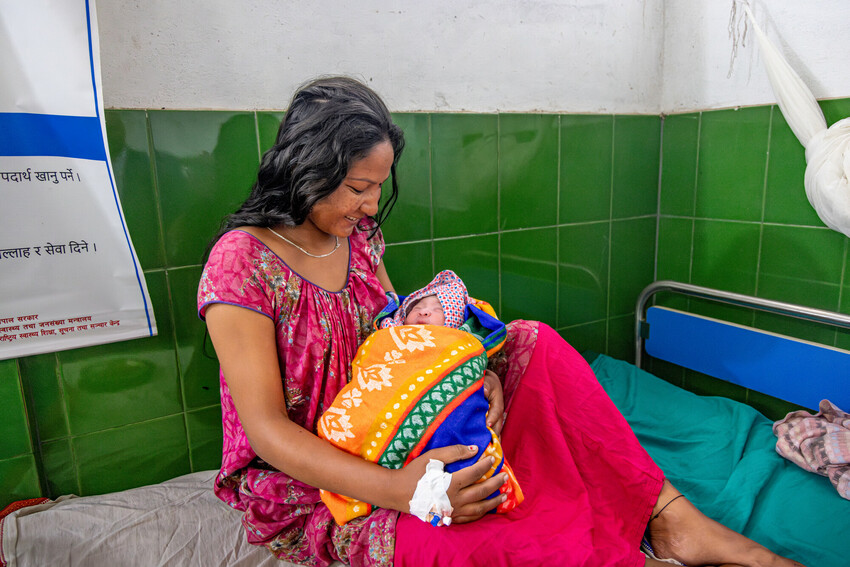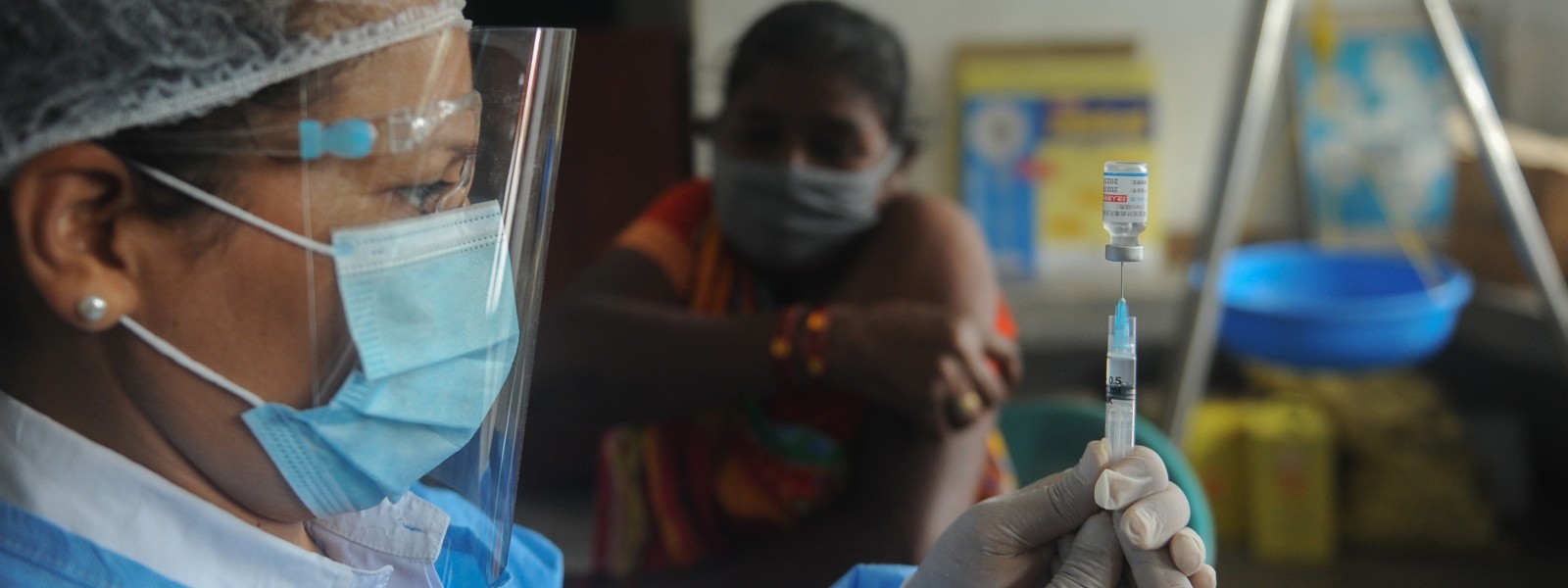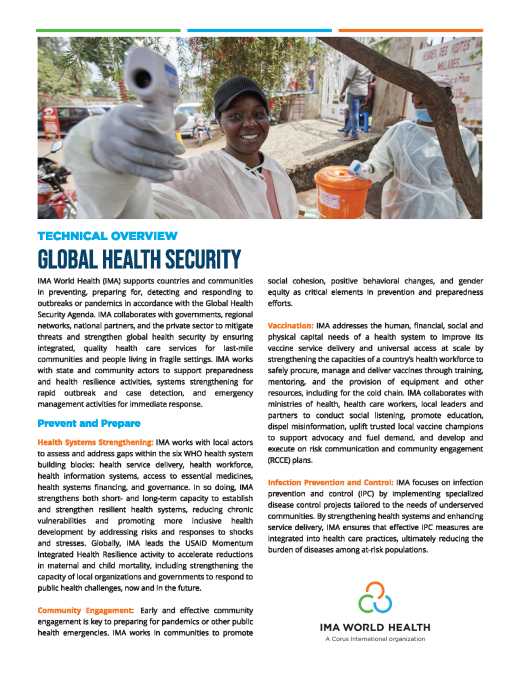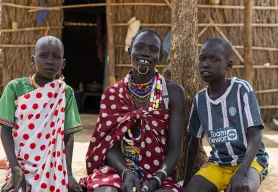Nepal struggles with a myriad of health challenges that hinder the well-being of its population as well as the country's economic development. These range from a weak health system with inadequate infrastructure and human resource shortages to accessibility barriers concerning health information, medicines, and services. These conditions are detrimental to maternal and prenatal health, in particular. Significant investment is required to strengthen Nepal's health system and improve the country’s health outcomes.
Since 2006, IMA World Health has built and supported integrated, holistic and sustainable health systems that increase access to quality health care in fragile countries. IMA World Health supports health systems at the national, subnational and community levels, providing tailored assistance and capacity strengthening, especially in maternal, prenatal and child health care, that boosts engagement, capability and investment at all levels of a country’s health system. In Nepal, IMA World Health works alongside our fellow Corus International organizations, including Lutheran World Relief, to holistically address the interconnected challenges of poverty, education, health care access and climate change. Lutheran World Relief has worked in Nepal since 2009, reaching indigenous, Dalit and marginalized communities with programs in agriculture, food security, entrepreneurship, climate resilience, disaster risk reduction and humanitarian assistance. Our holistic approach prioritizes women and youth and helps communities and systems to build the resilience they need to thrive.
Project Highlights
The Baal Swasthya project is designed to reduce maternal and child mortality through the improved use of evidence-based practices, enhanced capacity of health institutions and increased community awareness. Implemented in five birthing centers of Nepalgunj Sub Metropolitan City in Banke District, the project focuses on two main objectives: firstly, it seeks to raise community awareness about the accessibility and quality of maternal, newborn and child health (MNCH) services at the local level; and secondly, it aims to strengthen the health system at the ward level to overcome obstacles in providing quality MNCH services at birthing centers. The project expects to reach 1,800 participants directly and 5,000 participants indirectly.
IMA World Health provided health guidance and resource support to Lutheran World Relief's Transboundary Flood Resilience Program in India and Nepal during the COVID-19 pandemic. With IMA World Health's help, Lutheran World Relief coordinated with local government entities to provide communities with information on COVID-19 prevention utilizing the system developed to provide communities with improved early warning of upstream flooding. Lutheran World Relief was also able to make improvements to government quarantine centers that received returning Nepalese migrant workers and provided health workers with personal protective equipment (PPE).
IMA World Health and Lutheran World Relief also supported Nepal’s Ministry of Health's efforts to increase uptake of COVID-19 vaccines in rural communities where a large swath of the population was hesitant and access to the vaccine remained limited. Local health professionals were trained in the identification, treatment and management of COVID-19 cases. Health posts, birthing centers and hospitals were supplied with key medical supplies and equipment including ventilators, defibrillators, COVID-19 tests, ice-lined refrigerators and infusion pumps. Interventions to strengthen livelihoods and health systems facilitated the recovery of vulnerable communities and contributed to building resilience in the face of future disease outbreaks.
IMA World Health leads the USAID-funded MOMENTUM Integrated Health Resilience project, which is part of a suite of innovative MOMENTUM awards designed to holistically strengthen quality voluntary family planning (FP), reproductive health (RH), and maternal, newborn, and child health (MNCH) in host countries around the world. Working alongside local organizations, governments, and humanitarian and development partners in fragile settings, the project helps accelerate reductions in maternal, newborn, and child illness and death by increasing the capacity of host country institutions and local organizations—including new and underutilized partners—to introduce, deliver, scale up, and sustain the use of evidence-based, quality MNCH/FP/RH care.

Founded in 1960, IMA World Health is a leading public health organization that delivers solutions to health-related problems across the developing world. We work with local partners and governments to strengthen existing health systems, prevent and treat diseases, improve maternal and child health, promote nutrition and WASH, respond to sexual and violence against women and girls, and contribute to global health security.
IMA World Health leads global health programming at Corus International, an organization that unites an array of world-class nonprofits and businesses, each with specialized expertise. Our reach and capabilities are amplified by the other global leaders in our Corus International family, including Lutheran World Relief, CGA Technologies and Ground Up Investing. Together, we bring the multi-dimensional, holistic needed to truly achieve lasting change.






